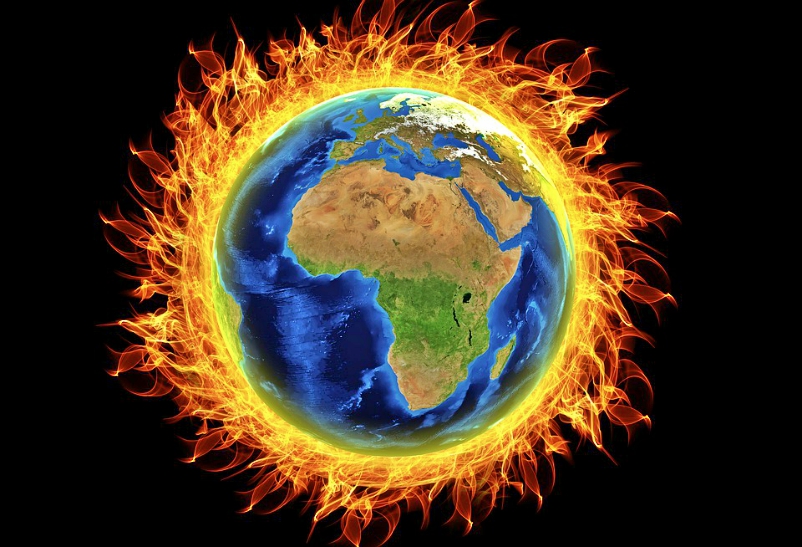The effect of climate change on coastal communities is undeniable. Temperatures inland are breaking records left and right. So far, there hasn’t been much of an effort to curb the effects. That may be about to change. Coffee lovers enjoy their cuppa Joe as much as Mama Bear loves her cub, and there is evidence the quality of coffee may deteriorate as the Earth heats up. Gildshire can already hear the moans. Some of them are coming from our own throats. Per the BBC News, the threat is real. According to Nature Plants, the first warning shot will come from Ethiopia.
Coffee production in Ethiopia, the birthplace of the high-quality Arabica coffee bean and Africa’s largest exporter, could be in serious jeopardy over the next century. In fact, coffee researcher Aaron Davis had this to say:
“In Ethiopia and all over the world really, if we do nothing, there will be less coffee. It will probably taste worse and will cost more.”
Current coffee growing areas in Ethiopia could decrease by up to 60% given a temperature rise of 4 degrees Celsius (39.4 degrees Fahrenheit) by the end of the century. Those numbers are a high estimate, but still in line with current science on the issue.
Even when testing using a more conservative climate change scenario, the current coffee growing areas in Ethiopia would still shrink by 55%. In other words, a business as usual approach would be disastrous long-term for the Ethiopian coffee industry.

With climate change comes global warming and drought. Researchers are keeping a wary eye on rainfall numbers, but the variability of Ethiopia’s annual rainfall makes it difficult to detect trends in the long term. Despite these limitations, studies show February-May and June-September rains have declined 15–20% in southern Ethiopia since the mid-1970s.
In the United States, particularly, coffee is somewhere between a morning routine and a crack-like addiction. In Ethiopia, its importance starts and ends as income. Coffee provides a livelihood for close to 15 million Ethiopians. That is 16% of the total population.
Farmers in the eastern part of the country, where a warming climate is already impacting production, have struggled in recent years. Many are reporting failed harvests as a result of the climate change caused prolonged drought.
Unless measures are taken, Ethiopia today will be Brazil tomorrow. Already, officials in that South American country are reporting low rainfall and higher temperatures in the coffee-growing regions.
The devil in fighting climate change is often making people believe it is a “today” problem rather than a “tomorrow” problem. If today’s coffee drinkers find bitter, high-priced coffee in their cups tomorrow morning, the needle toward problem-solving may move in a marked manner. That would be, we suppose, a silver lining.




